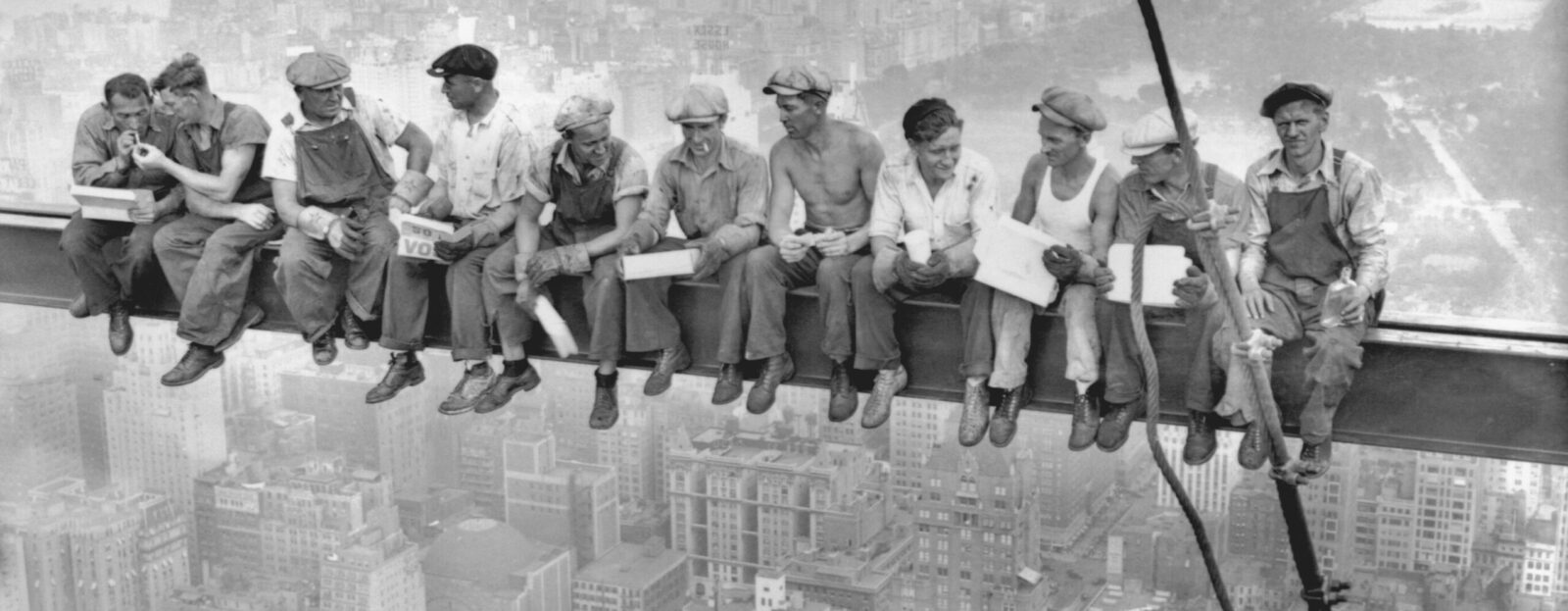Sessions – Wednesday 28 May 2025
| Wednesday 28 May | |
|---|---|
| 09:00-10:45 room 01.760 |
Session 3A – Trajectories of regional investment/political economies in the global economy Organised by Research Network ‘Globalisation, Inequality, and Sustainability in Long-Term Perspective’ |
| Bram Hulshoff (Wageningen UR) – The nature, origin and development of FDI Regimes in early postcolonial Philippines, Indonesia and Malaysia, 1945-1969 peer commentator: Maliene Kip Markéta Malá (Charles University, Prague) – Foreign direct investments and other engagements of socialist multinational enterprises : a case study of Skoda Works in the 1970s and 1980s Robrecht Declercq (Ghent University) – Capital in shifting gears. Belgian investments after World War I |
|
| 09:00-10:45 room 01.770 |
Session 3B – Health I: Continuity and change in outcomes and policies Organised jointly by Research Networks ‘Life-courses, Family, and Labour’ and ‘Societies in Context: Interactions between Humans and Rural-Urban Environment’ |
| Philippe Paeps (Ghent University) – Explaining spatial inequalities in Belgian cancer mortality, 1905-1991 peer commentator: Nadeche Diepgrond Silke Baas (Utrecht University) – Reinforcing career paths: how formal institutions shaped women physicians’ access to medical specializations, 1950 – 2000 Due to unforeseen circumstances, Robert Vonk will not present the paper (Calculated relations. Econometrics and the quest for evidence based health policy in the Netherlands, 1960-1980). |
|
| 09:00-10:45 room 01.780 |
Session 3C- Land grabbing in early modern histories I Organised by Research Network ‘Routes and Roots in Colonial and Global History’ |
| Luc Bulten (University of Cambridge / Radboud University) – ‘Co-colonisation’ & intercommunal conflict: Chinese planters & tax farmers in the Riau Archipelago (1785–1800)
Sam Miske (VU Amsterdam) – Contradictions of colonisation: nutmeg production and resistance on the Banda Islands, ca. 1599-1630 Tim Soens (University of Antwerp) – Floods and land grabs in the early modern North Sea area |
|
| 11:15-13:00 room 01.760 |
Session 4A – Contexts of collective action and cooperation Organised by Research Network ‘Globalisation, Inequality, and Sustainability in Long-Term Perspective’ |
| Jens Aurich (International Institute of Social History) – Collective labor action and institutional change: Calico Printing in Berlin 1750-1848 peer commentator: Catherine Simpson Aaron Roberts (Utrecht University) – Colonial cooperation: institutional transfer of cooperatives in colonial Ghana Ben Gales (University of Groningen) – Local communities and damage in the post-mining era |
|
| 11:15-13:00 room 01.770 |
Session 4B – Health II: Continuity and change in outcomes and policies Organised jointly by Research Networks ‘Life-courses, Family, and Labour’ and ‘Societies in Context: Interactions between Humans and Rural-Urban Environment’ Klaus Fonseca Hoeltgebaum (Wageningen UR) – Migrant mortality in Recife and Fortaleza during the 1877-1879 drought and famine Lise Bevernaegie (Vrije Universiteit Brussel) – The social gradient in cardiovascular disease mortality: evidence from the city of Antwerp, Belgium, 1820–1946 Paul van Trigt (Leiden University) – The (un)making of disability in postwar Dutch health policies |
| 11:15-13:00 room 01.780 |
Session 4C – Land grabbing in early modern histories II Organised by Research Network ‘Routes and Roots in Colonial and Global History’ Seb Verlinden and Maika De Keyzer (both KU Leuven) – Commonsgrabbing: draining away communal resources in the eighteenth- and nineteenth-century Campine area Tzu-Yi Hsu (VU Amsterdam) – Establishing vassalage or grabbing land? A revisit of Dutch conquests in Taiwan’s Siraya Region (1620-1640) Paul van der Linde (Radboud University) – Selling up or selling out? Finding a middle ground in Dutch-indigenous land transactions in New Netherland, 1624-1664 |
| 14:00-15:45 room 01.320 |
Session 5A – Institutional dimensions of inclusion and exclusion Organised by Research Network ‘Inclusion, Exclusion and Mobility’ Maarten van Dijck (Erasmus University Rotterdam) – Networks of power. Social capital of political institutions in the Cape Colony (1668-1688) Chris Vlam (Utrecht University) – The associative order in the Netherlands: the impact of cross associations [kruisverenigingen] on healthcare accessibility, 1875-1945 Due to unforeseen circumstances, Meggy Lennaerts will not present the paper (Elusive claims in muddy area: the foundation of Bunderneuland in 1605). |
| 14:00-15:45 room 01.350 |
Session 5B – The social fabric of the early modern and 19th century economy Organised by Research Network ‘Economy and Society of the Pre-industrial Low Countries in Comparative Perspective’ |
| Martijn Collijs (Ghent University) – Urban segregation in early 19th-century Ghent: spatial analysis of residential patterns during early industrialisation peer commentator: Daan Van den bussche Bas Spliet (University of Antwerp) – Splendorous canal houses and dark basements: housing inequality in early modern Amsterdam. Eline Rademakers (Leiden University) – Colonial capital and social stratification. Social mobility of enslaved in Suriname 1750-1800 |
|
| 14:00-15:45 room 01.550 |
Session 5C – Women at work: Labour and agency in the past and present Organised by Research Network ‘Life-courses, Family, and Labour’ |
| Claudia Hacke (Utrecht University) – Uncovering women’s work in family firms. Findings from Dutch department stores, 1870s-1930s peer commentator: Louis Debersaques Boike Teunissen (University of Groningen) – How female agency shaped a rural kinship network throughout the 19th century Sam Geens (University of Antwerp) – The rewards of female labour in late medieval Flanders (1250-1550) |
|



